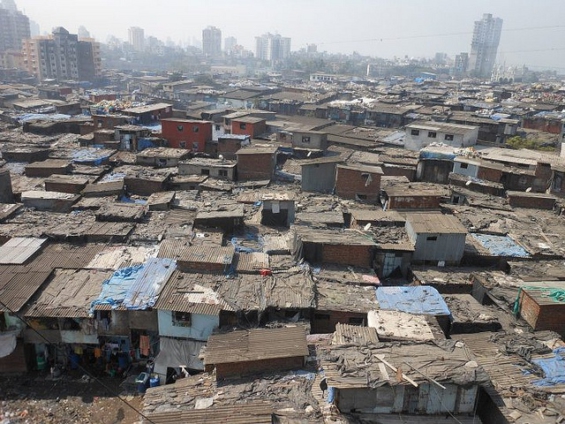SEND Ghana is urging government and other stakeholders to fulfill their promise of ensuring socio-economic opportunities for all people in the country.
According to the NGO, ensuring that interventions are implemented to grant citizens equal opportunities will help bridge the poverty gap between the rich and the poor.
"Over here in Ghana, poverty levels have witnessed a considerable decline in the past two decades. However, the decline in the poverty headcount between 2013 and 2017 was just 0.8% (ie, from 24.2% to 23.4%)."
"The number of people living in extreme poverty has unacceptably increased from 2.2 million to 2.4 million during the same period," Send Ghana wrote in a statement to mark International Day for the Eradication of Poverty.
The NGO also revealed that rural poverty is now almost four times as high as urban poverty compared to the 1990s when it was only twice as high.
The richest men in Ghana earn more in a month than one of the poorest women could earn in 1,000 years, and the wealthiest 10% of Ghanaians now account for 32% of the country’s total consumption, SEND Ghana added.
Highlighting some of the interventions they believe have not lived up to its expectations, SEND Ghana stated that the National Health Insurance Scheme (NHIS), Livelihood Empowerment Against Poverty (LEAP), Ghana School Feeding Program (GSFP) among others have failed to cover all poor citizens.
“The LEAP programme currently covers only 1, 650, 000 extremely poor persons out of the 2.4 million extremely poor persons in Ghana. NHIS coverage is limited in nature. Women/girls related illnesses and tests (scans, MRIs, cervical cancer, and breast cancer tests) are not covered by the scheme.”
“The GSFP does not cover all eligible schools, and children of school-going age among some vulnerable households are left out. Unemployment among persons with disabilities, women, and young girls is unacceptably high.”
The group therefore believes Ghana will fall short of meeting the Sustainable Development Goals (SDGs), especially the eradication of poverty if it fails to tackle the inequality problem in the country.
The NGO wants successive governments to ensure that these interventions are effectively implemented to “address inequality, poverty, and related vulnerabilities and exclusion.”
The NHIS, they believe, should be extended to cover clinical tests for breast and cervical cancer tests among others.
Also, with the high rate of unemployment among Persons With Disabilities (PWDs), governments should train them with skills to help sustain them.
Additionally, governments should holistically implement Inclusive Education Policy to ensure that “the educational needs of street children, children with disabilities and special needs are adequately met.”
Again, the government should expedite action on the completion of the Ghana National Household Registry to ensure extremely poor households are targeted for complementary services on social protection.
Latest Stories
-
Bridget Bonnie celebrates NDC Victory, champions hope for women and youth
18 seconds -
Shamima Muslim urges youth to lead Ghana’s renewal at 18Plus4NDC anniversary
1 hour -
Akufo-Addo condemns post-election violence, blames NDC
1 hour -
DAMC, Free Food Company, to distribute 10,000 packs of food to street kids
2 hours -
Kwame Boafo Akuffo: Court ruling on re-collation flawed
3 hours -
Samuel Yaw Adusei: The strategist behind NDC’s electoral security in Ashanti region
3 hours -
I’m confident posterity will judge my performance well – Akufo-Addo
3 hours -
Syria’s minorities seek security as country charts new future
4 hours -
Prof. Nana Aba Appiah Amfo re-appointed as Vice-Chancellor of the University of Ghana
4 hours -
German police probe market attack security and warnings
4 hours -
Grief and anger in Magdeburg after Christmas market attack
4 hours -
Baltasar Coin becomes first Ghanaian meme coin to hit DEX Screener at $100K market cap
5 hours -
EC blames re-collation of disputed results on widespread lawlessness by party supporters
5 hours -
Top 20 Ghanaian songs released in 2024
5 hours -
Beating Messi’s Inter Miami to MLS Cup feels amazing – Joseph Paintsil
5 hours

